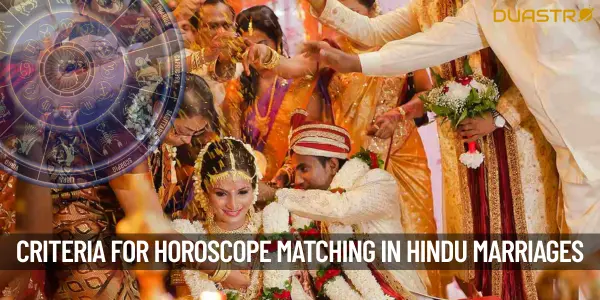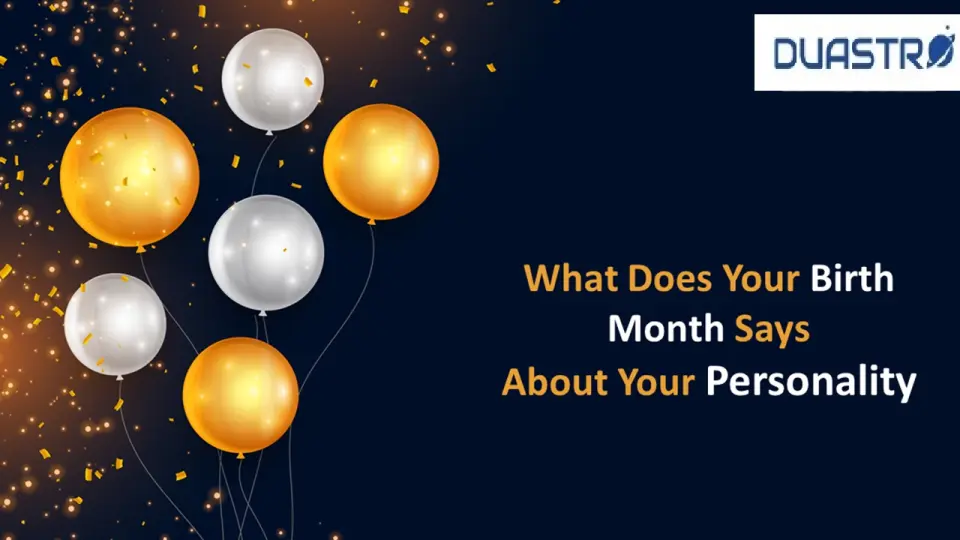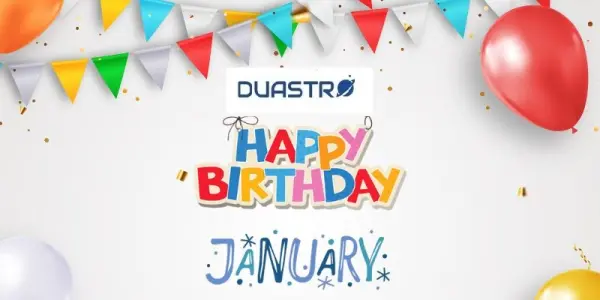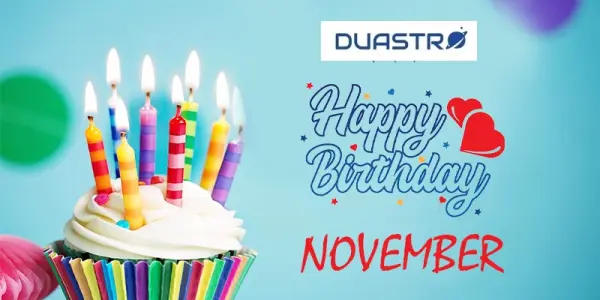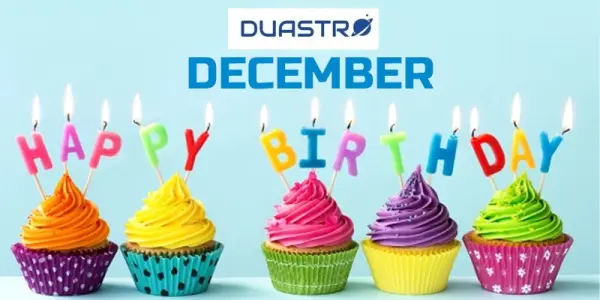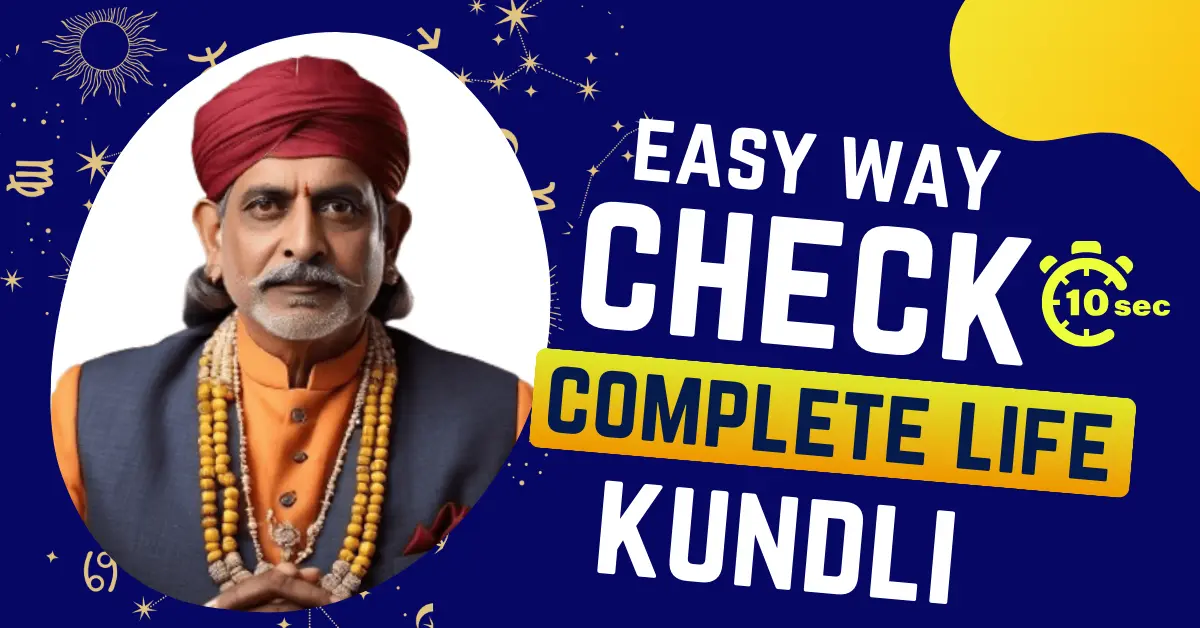What Are The Criteria For Horoscope Matching In Hindu Marriages
In Hindu culture marriage is not just the union of two individuals but the sacred bond of two souls destined to share life together. To ensure compatibility happiness & harmony in this lifelong journey many families still follow the ancient Vedic system of horoscope matching before finalizing a marriage proposal. But what exactly does this process involve & why is it considered so important?
In this article from Duastro we will explain in simple & easy language the criteria for horoscope matching in Hindu marriages. If you are someone seeking marriage or a parent looking for the right match for your child understanding these principles will help you make an informed & meaningful decision.
What Is Horoscope Matching?
Horoscope matching also known as Kundli Milan or Guna Milan is the process of comparing the birth charts of the bride & groom to judge compatibility on various levels—emotional physical mental & spiritual. This method is based on Vedic astrology & is a traditional practice followed by millions of Hindus worldwide.
Matching horoscopes helps identify the strengths & weaknesses of the relationship & can also alert to any future challenges health issues or conflicts that may arise. This is believed that when the stars align positively the marriage is more likely to be successful.
Main Criteria Used in Horoscope Matching
In Vedic astrology the most common method of matching horoscopes is the Ashtakoota system. This system includes eight important aspects or "kootas" that are analyzed to evaluate the compatibility of the couple. These eight kootas give a total score of 36 points.
Let us now explore each of these kootas in detail:
1. Varna (1 Point)
This checks the spiritual compatibility & ego levels of the partners. It divides people into four categories—Brahmin Kshatriya Vaishya & Shudra—based on their Moon signs. For a balanced relationship the groom varna should be equal to or higher than the bride.
2. Vashya (2 Points)
This aspect analyzes mutual attraction dominance & control in the relationship. It indicates how easily one partner can impact the other. Good vashya compatibility means the couple will understand & support each other emotionally.
3. Tara (3 Points)
Tara examines health well-being & the overall destiny of the couple. This is based on the birth stars or nakshatras of both individuals. If tara compatibility is low there may be health issues or struggles in married life.
4. Yoni (4 Points)
Yoni represents sexual compatibility between the partners. This is essential for physical intimacy attraction & harmony in married life. Yoni mismatch may result in discomfort or lack of interest in physical closeness.
5. Graha Maitri (5 Points)
This factor focuses on mental compatibility & friendship. It shows how well the partners will get along share opinions & solve problems together. It also includes the impact of ruling planets of both charts.
6. Gana (6 Points)
Gana measures behavioral nature & temperament. There are three types: Deva (divine) Manushya (human) & Rakshasa (demonic). A mismatch in gana can result in frequent arguments or attitude clashes.
7. Bhakoot (7 Points)
This is one of the most important aspects in kundli matching. Bhakoot shows emotional bonding financial stability & family compatibility. A good bhakoot score ensures peace & prosperity in marriage.
8. Nadi (8 Points)
Nadi is considered the most critical factor primary for health & progeny (childbirth). There are three nadis—Adi Madhya & Antya. If both partners have the same nadi this is seen as inauspicious unless there are other balancing yogas in the chart.
What Is a Good Score in Horoscope Matching?
The total score from the above 8 kootas is 36. Often a score of 18 or more is considered acceptable for marriage. But a score above 28 is ideal & suggests strong compatibility.
Even if the score is lower astrologers may still recommend the marriage if other important aspects of the horoscope are positive such as:
- Mangal Dosha (Manglik effect)
- Presence of Raj Yog or better planetary combinations
- Strong Venus & Jupiter placements
- 7th house strength (house of marriage)
Manglik Dosha & Its Role
Manglik Dosha occurs when Mars is placed in certain houses of the birth chart. This is believed to cause delays or challenges in marriage if not matched properly. If one partner is Manglik & the other is not it may create tension or imbalance unless proper remedies are followed.
A Manglik marrying another Manglik can neutralize the effect. Also astrologers suggest Vedic remedies for Manglik Dosha like pujas fasting & chanting of mantras to reduce its impact.
Other Important Considerations
Besides Ashtakoota other criteria also play a major role in horoscope matching:
- Planetary aspects on the 7th house (marriage house)
- Strength of Venus (for male) & Jupiter (for female)
- Dasha periods – current planetary cycles influencing marriage timing
- Navamsa chart – secondary chart used to confirm marriage compatibility
Conclusion
Horoscope matching in Hindu marriages is a time-tested method that combines spiritual emotional physical & psychological aspects. The Ashtakoota system along with other important factors like Mangal Dosha & the 7th house helps ensure that the couple is compatible not just in love but also in life goals & values.
If you are planning to marry or looking for a life partner for your child consult an experienced astrologer for accurate horoscope matching. At Duastro we offer personalised & in-depth kundli matching services that go beyond just numbers. Our experts study both charts completely to give understands remedies & recommendations personalised to your unique needs.
Contact Duastro today for complete kundli matching Mangal Dosha analysis & marriage guidance from trusted astrologers.

